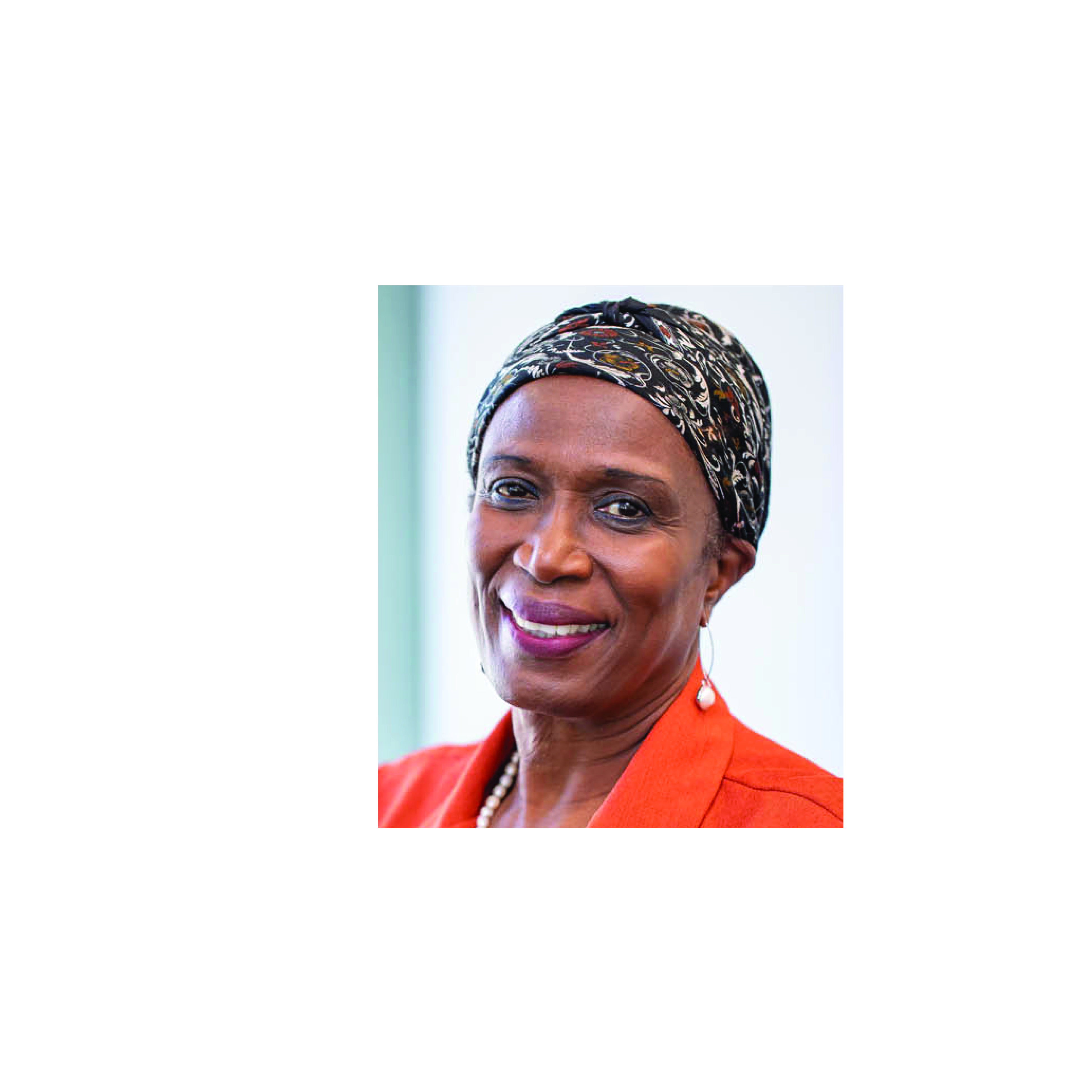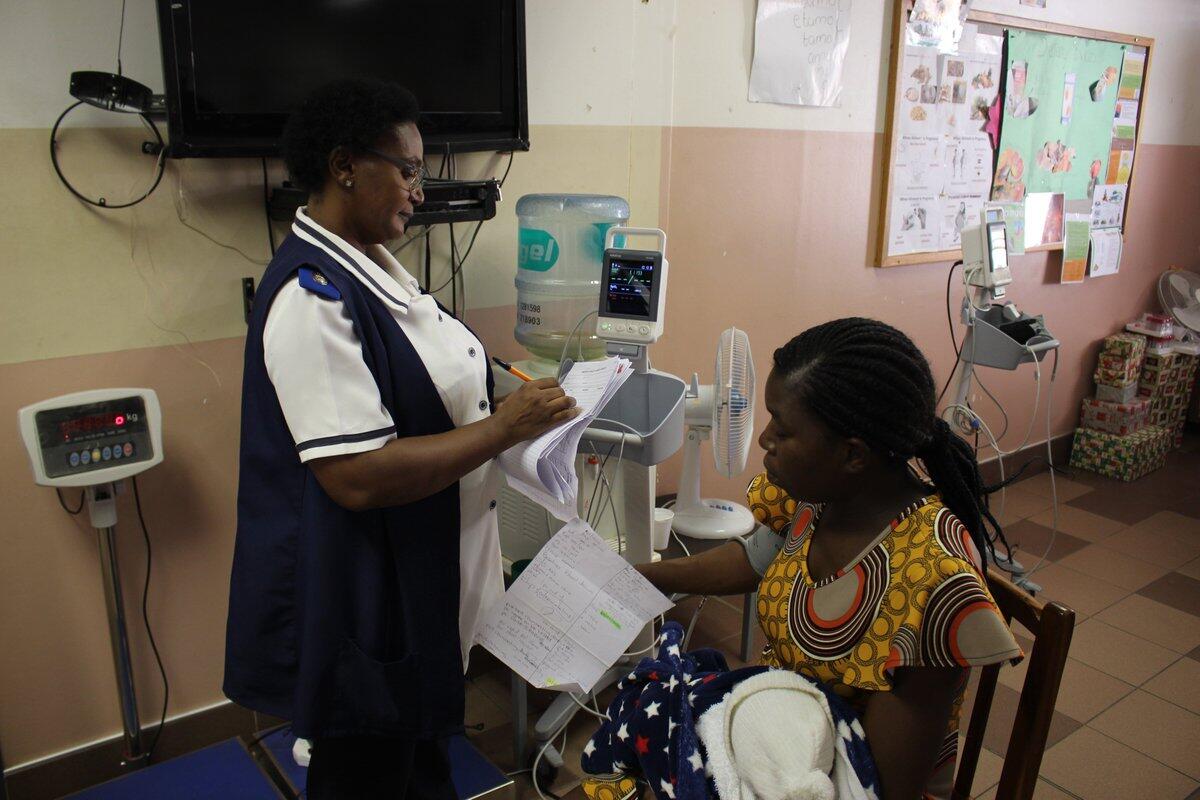
Oped by Sheila Roseau,
UNFPA Namibia Country Representative
The COVID-19 pandemic has shed an uncomfortable but important light on the difficulties dealt to our health care systems globally and within Namibia. We have mourned far too many souls lost to this terrible disease. As we work together to combat this virus, we must not lose sight of our mission to deliver a world where every pregnancy is wanted, every childbirth is safe and every young person's potential is fulfilled. It is why the theme for World Population Day 2021 (on July 11th) is:
“Whether baby boom or bust, the solution lies in prioritizing the reproductive health and rights for all people”
UNFPA-Namibia appreciates the progress that the Government of the Republic of Namibia and our implementing partners have already accomplished, and we look forward to continuing to team up with these leaders in responding to fertility and demographic shifts as well as prioritizing the sexual and reproductive health and rights for all people, including through their access to sexual and reproductive health information and services.
Unfortunately, whether in Namibia or abroad, COVID has impacted women’s ability to access sexual and reproductive health services. During the pandemic, disruptions in sexual and reproductive health services have intensified. According to the Namibian Police, 5,132 cases of Gender Based Violence (GBV) against women were reported from April 2020 to March 2021, of which 21% were rape or sexual assault against young people. Additionally, the teen pregnancy rate has jumped in the past five years with 3,676 young women falling pregnant in 2021—a 24% increase from the 2,962 cases reported in 2016.
But we can help to mitigate these trends in several ways. First, we encourage and strive to support public and private health systems to deliver sexual and reproductive health services during crises. We strongly suggest that this includes classifying this type of work as essential. Secondly, women need to continue to be empowered educationally, economically, and politically so that they can exercise unencumbered choice over their bodies and fertility. Furthermore, rather than narrowly tackling issues around fertility, we hope to work with our public and private partners to ensure that reproductive health is addressed holistically, such as through well designed family support and child-care systems accompanied and to sustain Namibia’s already impressive efforts to ensure higher levels of gender equality. Lastly, we will continue working closely with the Namibian Statistics Agency as well as the Ministry of Health and Social Services to close data gaps that limit our current understanding of the impact of COVID-19 on fertility.
Ultimately, it is incumbent upon all of us to ensure that every Namibian can achieve their fullest potential. Let us seize the opportunity on World Population Day to grow stronger, together.


